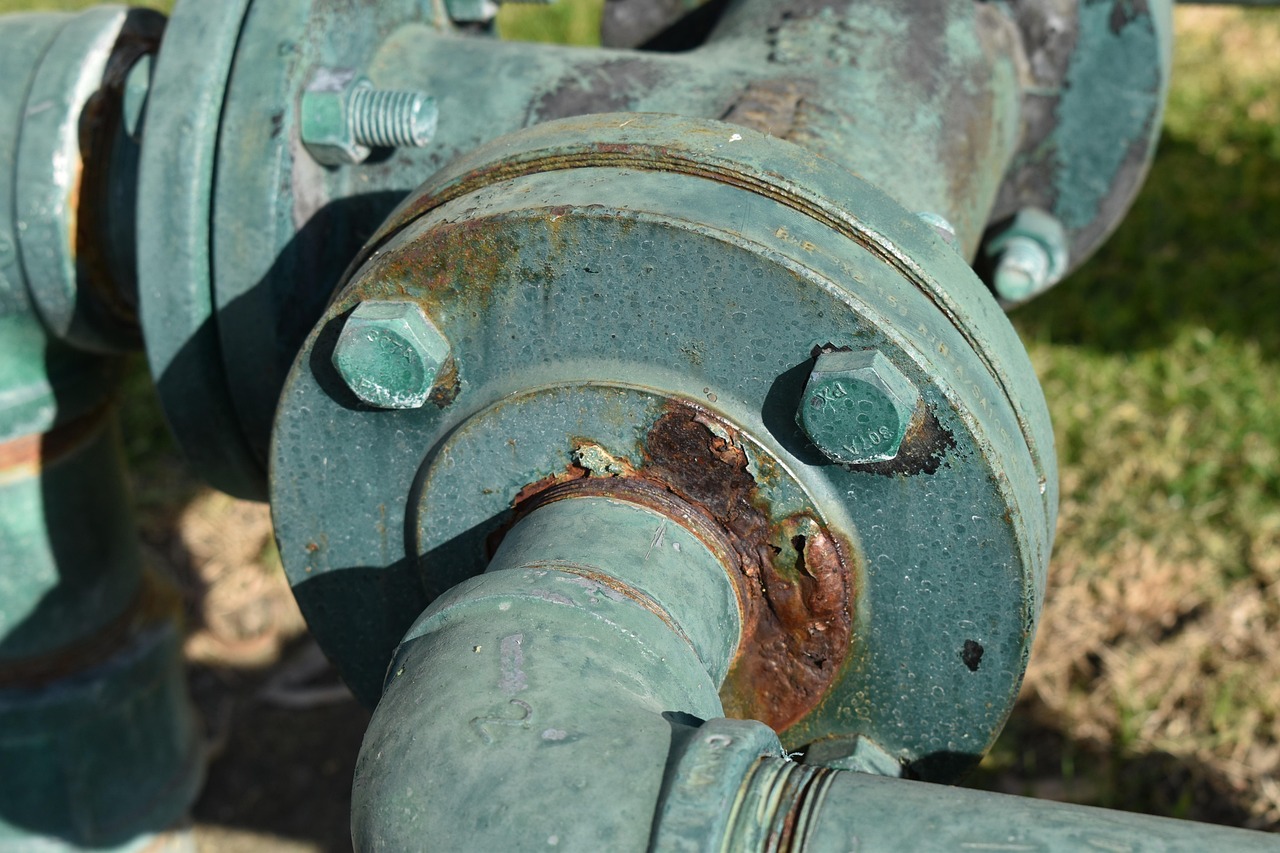Drain pipe problems can transform a normal day into a stressful ordeal. Whether you're dealing with sluggish water flow, unpleasant odours, or visible leaks, addressing these issues promptly prevents minor inconveniences from becoming major disasters. Understanding your drain pipe repair options and knowing your limits can save you time, money, and potential water damage to your home.
Most homeowners face drain pipe issues at some point, and the key lies in determining which problems you can tackle yourself and which require professional intervention. Making the right choice protects your plumbing system and your wallet.
Common Drain Pipe Problems
Blockages represent the most frequent drain pipe issue, typically caused by hair, soap residue, food particles, or foreign objects. These obstructions restrict water flow and can lead to complete blockages if left untreated. Kitchen sinks often suffer from grease buildup, while bathroom drains commonly experience hair and soap scum accumulation.
Leaks pose a more serious concern, potentially causing water damage to surrounding structures. Small pinhole leaks may seem minor but can worsen rapidly, particularly in older pipes. Corrosion affects metal pipes over time, creating weak spots that eventually develop into leaks or complete pipe failure.
Tree root intrusion affects underground drain pipes, as roots naturally seek water sources. This problem typically develops gradually but can cause significant structural damage to your drainage system. Additionally, pipe joint failures occur when connections between pipe sections loosen or deteriorate, leading to water loss and potential foundation problems.
DIY vs Professional Repair
Several factors influence whether you should attempt repairs yourself or contact a professional plumber. Consider your skill level, available tools, and the complexity of the problem before making this decision.
Simple surface-level blockages often respond well to DIY methods, particularly those accessible through standard drain openings. If you can see the obstruction or suspect it's located near the drain entrance, basic tools and techniques may resolve the issue effectively.
However, problems involving multiple drains, recurring blockages, or suspected pipe damage typically require professional assessment. Similarly, if your initial DIY attempts fail to resolve the issue, continuing without professional guidance risks causing additional damage.
Budget considerations also play a role, though short-term savings from DIY repairs can prove costly if mistakes occur. Professional plumbers carry insurance and offer warranties on their work, providing protection against future complications.
When to Call a Professional
Certain situations demand professional expertise from the outset. If water backs up in multiple drains simultaneously, this indicates a main line blockage that requires specialised equipment to resolve safely.
Sewage odours suggest more serious problems that could pose health risks. These smells often indicate broken vent pipes or compromised sewer connections that need immediate professional attention.
Recurring problems despite successful temporary fixes signal underlying issues that DIY methods cannot address. Professional plumbers can diagnose root causes and implement permanent solutions.
Water damage around pipe areas, particularly in walls or under flooring, requires immediate professional assessment. Delaying repairs in these situations often leads to mould growth and structural damage that significantly increases repair costs.
Maintaining Your Drains for Long-Term Success
Proper drain maintenance prevents most common problems and extends your plumbing system's lifespan. Regular cleaning with appropriate methods keeps drains flowing freely and reduces the likelihood of major blockages.
Understanding your limits and recognizing warning signs is crucial in making informed decisions about home repairs. Knowing when to step in with a DIY solution and when to call in a professional can save you both time and money. While DIY methods are often sufficient for addressing common issues like minor leaks or small cracks, more complex problems, such as structural damage or electrical faults, usually require professional expertise. Attempting to tackle these on your own can sometimes lead to higher costs in the long run if the repairs aren’t done correctly. Taking prompt action, whether through DIY fixes or professional help, not only protects your home but also prevents minor issues from escalating into major and more expensive complications. Being proactive about repairs ensures the safety, longevity, and value of your property.
